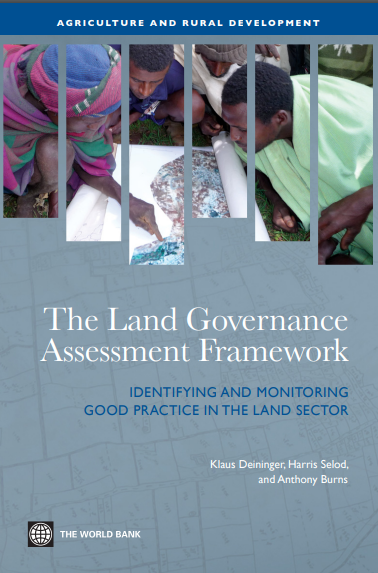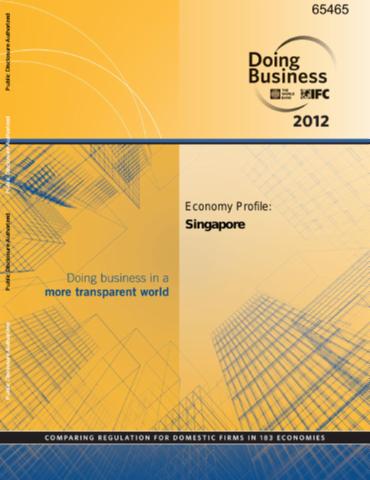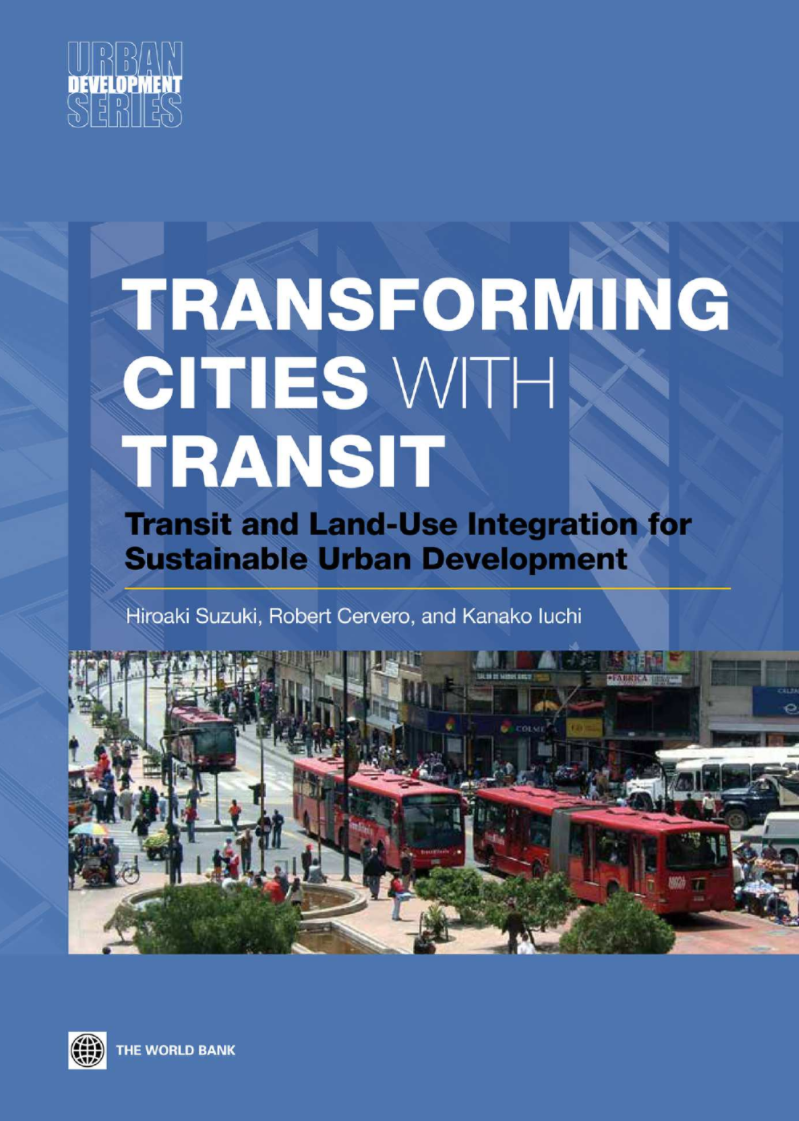The World Bank is a vital source of financial and technical assistance to developing countries around the world. We are not a bank in the ordinary sense but a unique partnership to reduce poverty and support development. The World Bank Group has two ambitious goals: End extreme poverty within a generation and boost shared prosperity.
- To end extreme poverty, the Bank's goal is to decrease the percentage of people living on less than $1.25 a day to no more than 3% by 2030.
- To promote shared prosperity, the goal is to promote income growth of the bottom 40% of the population in each country.
The World Bank Group comprises five institutions managed by their member countries.
The World Bank Group and Land: Working to protect the rights of existing land users and to help secure benefits for smallholder farmers
The World Bank (IBRD and IDA) interacts primarily with governments to increase agricultural productivity, strengthen land tenure policies and improve land governance. More than 90% of the World Bank’s agriculture portfolio focuses on the productivity and access to markets by small holder farmers. Ten percent of our projects focus on the governance of land tenure.
Similarly, investments by the International Finance Corporation (IFC), the World Bank Group’s private sector arm, including those in larger scale enterprises, overwhelmingly support smallholder farmers through improved access to finance, inputs and markets, and as direct suppliers. IFC invests in environmentally and socially sustainable private enterprises in all parts of the value chain (inputs such as irrigation and fertilizers, primary production, processing, transport and storage, traders, and risk management facilities including weather/crop insurance, warehouse financing, etc
For more information, visit the World Bank Group and land and food security (https://www.worldbank.org/en/topic/agriculture/brief/land-and-food-security1
Resources
Displaying 4521 - 4525 of 4907The Land Governance Assessment Framework
The Kyrgyz Republic represents land governance issues arising in a posttransition economy; in fact, it was one of the first countries in the Commonwealth of Independent States to introduce private land ownership when it became independent in 1991.
Doing Business Economy Profile 2012
Doing business sheds light on how easy or difficult it is for a local entrepreneur to open and run a small to medium-size business when complying with relevant regulations. It measures and tracks changes in regulations affecting 10 areas in the life cycle of a business: starting a business, dealing with construction permits, getting electricity, registering property, getting credit, protecting investors, paying taxes, trading across borders, enforcing contracts and resolving insolvency.
Transforming cities with transit
'Transforming Cities with Transit' explores the complex process of transit and land-use integration in rapidly growing cities in developing countries. As one of the most promising strategies for advancing environmental sustainability, economic competitiveness, and socially inclusive development in fast-growing cities, transit and land-use integration is increasingly being embraced by policy-makers at all levels of government. This book focuses on identifying barriers to and opportunities for effective coordination of transport infrastructure and urban development.
Sahel and West Africa program in support of the Great Green Wall Initiative. To expand Sustainable Land and Water Management in Targeted Landscapes and Climate Vulnerable Areas
Sahelian Africa faces a persistent problem of variability in rainfall, which is the major driver of vulnerability in the region. Populations in the Sahel are among the poorest and most vulnerable to climatic variability and land degradation. They depend heavily on healthy ecosystems for rainfed agriculture, fisheries, and livestock management to sustain their livelihoods. This program is one of the contributions to the Great Green Wall Initiative.
Sahel and West Africa program in support of the Great Green Wall Initiative. To expand Sustainable Land and Water Management in Targeted Landscapes and Climate Vulnerable Areas
Sahelian Africa faces a persistent problem of variability in rainfall, which is the major driver of vulnerability in the region. Populations in the Sahel are among the poorest and most vulnerable to climatic variability and land degradation. They depend heavily on healthy ecosystems for rainfed agriculture, fisheries, and livestock management to sustain their livelihoods. This program is one of the contributions to the Great Green Wall Initiative.









